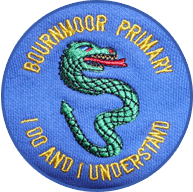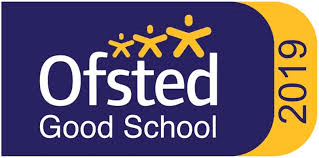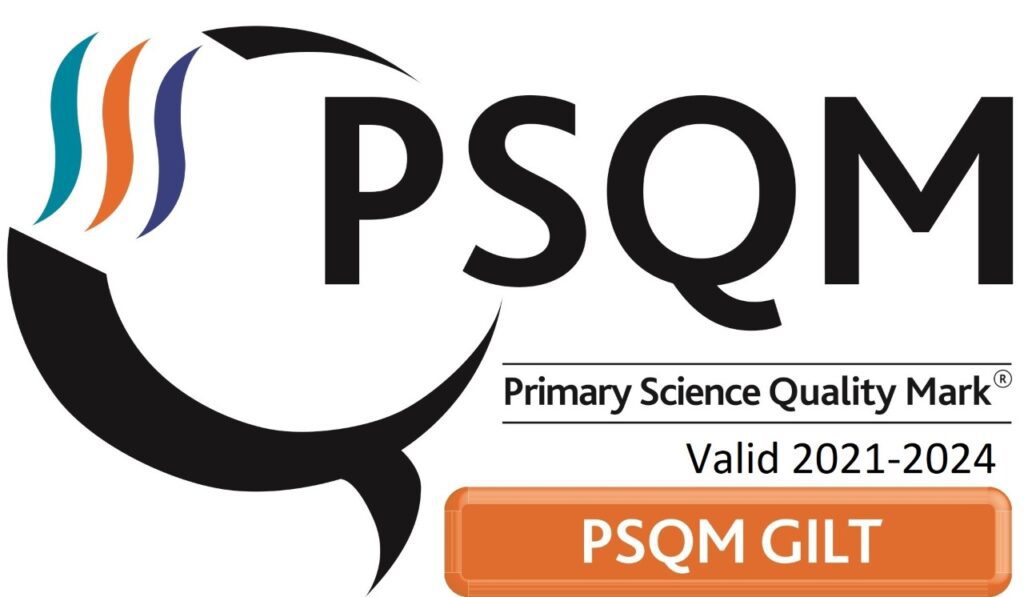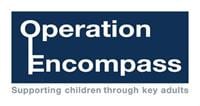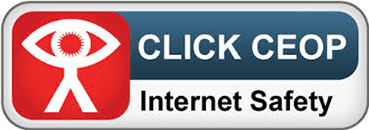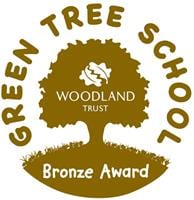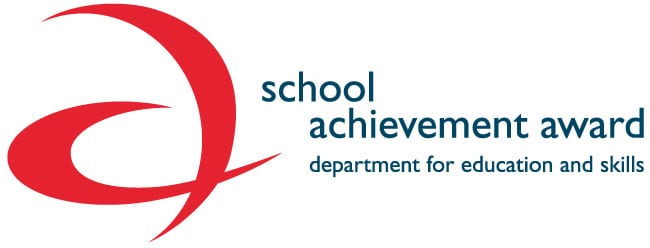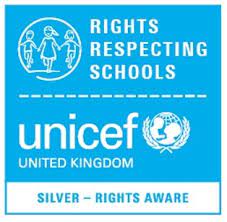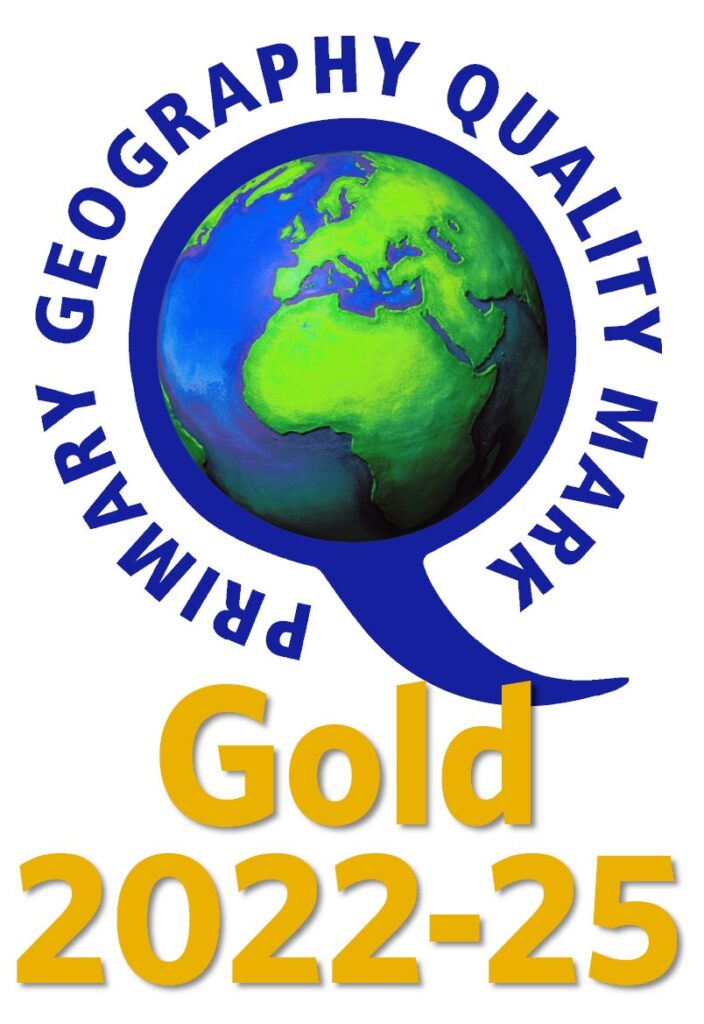Music at Bournmoor Primary
The national curriculum for music aims to ensure that all children can:
- Perform, listen to, review and evaluate music across a range of historical periods, genres, styles and traditions, including the works of the great composers and musicians
- Learn to sing and to use their voices, to create and compose music on their own and with others, have the opportunity to learn a musical instrument, use technology appropriately and have the opportunity to progress to the next level of musical excellence
- Understand and explore how music is created, produced and communicated, including through the inter-related dimensions: pitch, duration, dynamics, tempo, timbre, texture, structure and appropriate musical notations.
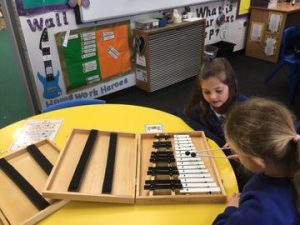
Planning and organisation of the subject
Our music lessons focus on instructional teaching, learning time and interactive oral work with both the whole class and smaller groups. We use the Charanga music scheme online materials across our school and staff have been trained on this. Using the Charanga scheme on-line resources and support from the Music subject lead, the class teacher plans, delivers and organises a weekly lesson and differentiates according to ability. Lessons are planned using the National Curriculum in Key Stages One and Two and teachers in Reception and Nursery base their teaching on objectives in the New EYFS Framework, ensuring that they are working towards the ‘Early Learning Goals for ‘Expressive Arts and Design’. In EYFS the children access daily activities linked to music as part of their provision, including Dough Disco, Sticky Kids, Nursery Rhymes and an instrument box. There is provision indoors and outdoors for activities linked to music and expressive arts. In Key Stage two there are opportunities within school for children to learn to play the violin, guitar and keyboard with tuition from a music specialist.
Teaching styles and strategies
Children are encouraged to listen, review and evaluate a range of music, sing, and use and apply their music skills to create and compose music, exploring how sounds are made, changed and organised using the elements and structures, and using symbols and notation.
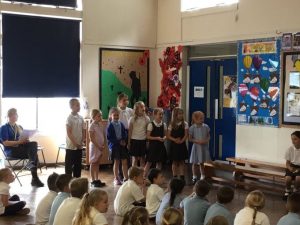
How the subject is assessed
Foundation Stage
Teachers use observations of child-initiated activities and adult led tasks to collect evidence of the level the child is currently working at. Observations, recordings, annotations and children’s work are used to provide a full picture of the child’s achievement and working level.
Key Stage One and Two
Assessment of pupils is an on-going activity. Children’s knowledge and understanding is informally assessed in class through observation during lessons and group question and answer sessions. There is no formal assessment of music at the end of each key stage.
Impact
- The use of the online Charanga scheme has allowed the staff to deliver lessons with more confidence as each lesson has step by step guides.
- The children have opportunities to learn to play an instrument (e.g. violin, keyboard or guitar) in school and can share this in a mini concert for pupils to enjoy.
- The children have opportunities to watch live performances of music in school and online as part of our service agreement with Durham Music Service.
- A range of instruments including percussion instruments and glockenspiels are available for children to access and gain hands on experience of learning and playing together.
- To support our assessment judgements, staff can use the assessment materials from the Charanga scheme that relates to the topic the class has covered in each term.
